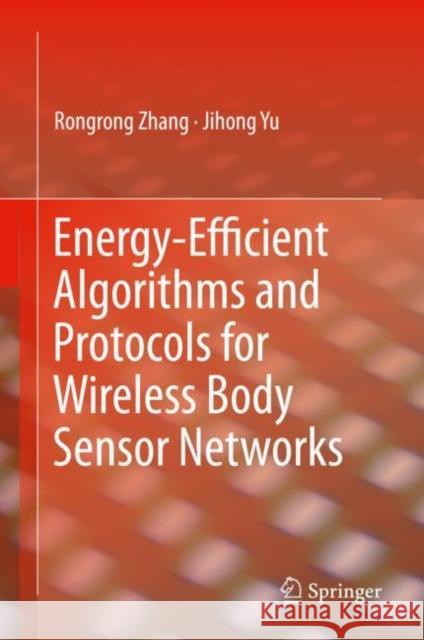Energy-Efficient Algorithms and Protocols for Wireless Body Sensor Networks » książka
topmenu
Energy-Efficient Algorithms and Protocols for Wireless Body Sensor Networks
ISBN-13: 9783030285791 / Angielski / Twarda / 2019 / 134 str.
Energy-Efficient Algorithms and Protocols for Wireless Body Sensor Networks
ISBN-13: 9783030285791 / Angielski / Twarda / 2019 / 134 str.
cena 350,20
(netto: 333,52 VAT: 5%)
Najniższa cena z 30 dni: 335,40
(netto: 333,52 VAT: 5%)
Najniższa cena z 30 dni: 335,40
Termin realizacji zamówienia:
ok. 16-18 dni roboczych.
ok. 16-18 dni roboczych.
Darmowa dostawa!
Kategorie:
Kategorie BISAC:
Wydawca:
Springer
Język:
Angielski
ISBN-13:
9783030285791
Rok wydania:
2019
Dostępne języki:
Ilość stron:
134
Waga:
0.38 kg
Wymiary:
23.39 x 15.6 x 0.97
Oprawa:
Twarda
Dodatkowe informacje:
Wydanie ilustrowane











